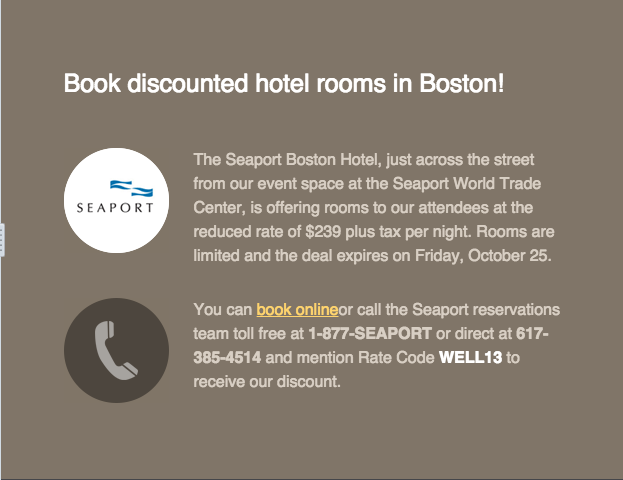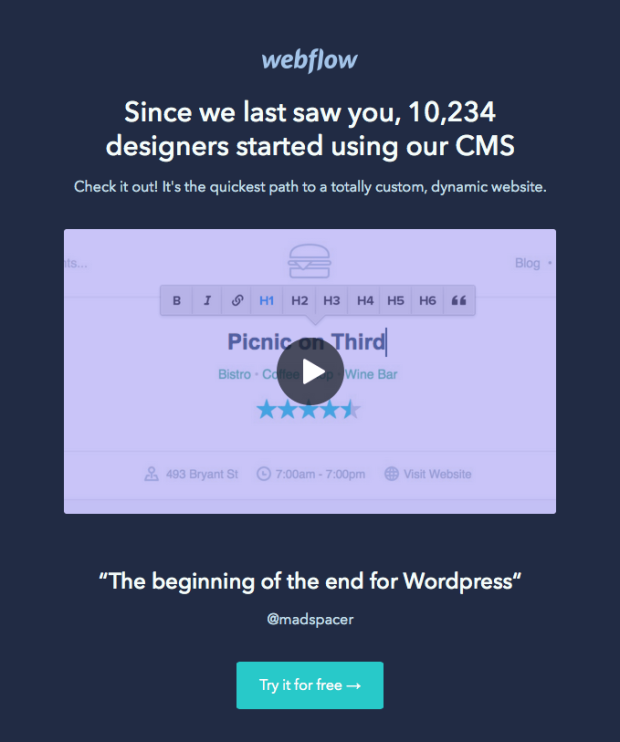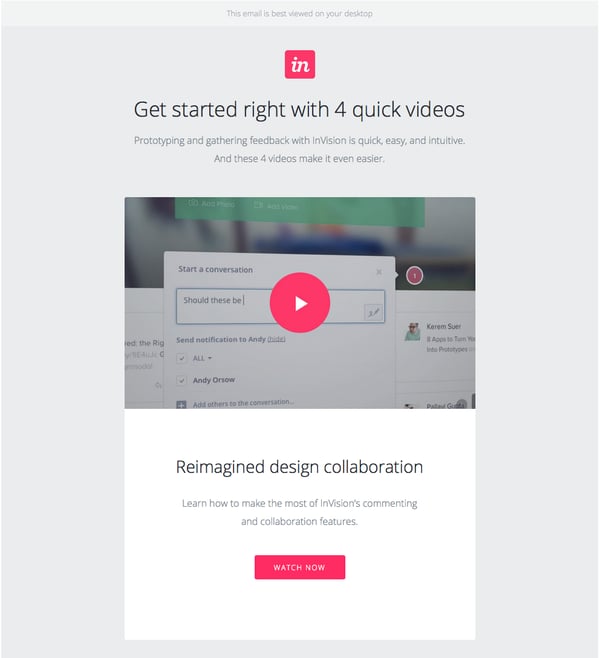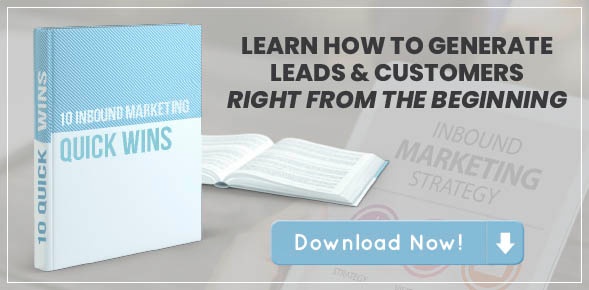Don’t you just love receiving irrelevant emails on a daily basis? You know, those messages that try to sell you something or pester you about a deal “you can’t afford to miss” —and all you can think is: “Ugh, another one?”
I'm willing to bet that they annoy you just as much as they annoy me. Sure, it might take a quick minute or two to clear out your inbox and/or unsubscribe from them, but it’s wasted time and effort - both for the sender and the recipient.
You don’t want your prospects or customers taking the above actions with your emails.
With so many brands fighting for attention, it’s becoming increasingly difficult to stand out in a crowded inbox.

It’s Time to Change Our Approach
As marketers, only one thing should matter: What the customer needs. Unfortunately, too often, businesses are so wrapped up in their products that their marketing campaigns are centered around what they want to sell.
Remember, customers—not products—drive revenue. Therefore, any message we create has to provide them with value. It’s about what they truly need, and how your product will make their lives better.
It’s time for marketers everywhere to think and market with new mindsets.
With that in mind, let’s talk about how you can divide your contacts into groups based on info like their interests or preferences on products or services. This way, you’ll target the right groups with the right messages.
Segmented email marketing campaigns get 14% more email opens and 100% more clicks compared to non-segmented campaigns. - MailChimp
How to Segment Your Email List
1. Subscribed contacts who have opened or engaged with any of your last emails
Segment your list by subscribers who frequently engage with your emails. You could further target them with special offers, such as an upcoming sale, promo or some type of opportunity. Active subscribers are more likely to buy or engage.
2. Contacts who live in a certain location
Consider the various ways to use your subscriber’s location to send targeted emails:
- Let them know about upcoming events in their area
- Optimize send times based on different time zones
- Use a location in your subject line to personalize a message

3. Subscribers who have been inactive for a while
Try reconnecting with subscribers who have been inactive for several months. If they still don’t engage with you, this is a good opportunity to trim your email list and remove subscribers who will never convert, saving you money and resources.
You can send a targeted email asking them open-ended questions about what they think or want. You can also be more direct and ask them if they still want to hear from you or unsubscribe. Another idea is to offer them value, perhaps through a contest or discount.

4. Welcome new subscribers
Don’t forget to give your brand new subscribers a warm welcome! By sending them a welcome email, it’ll help to set expectations by telling them the benefits of being a subscriber and how often you’ll be emailing them. It’s also a good idea to add hyperlinks or a call-to-action button to get started on a task or that could lead them to a helpful, relevant resource, or even have them stay connected via your social media networks.

51% of marketers say segmenting email lists is one of their most effective personalization tactics. - Ascend2
5. Ask for their email preferences
Here’s a great way to tap into their real interests. By asking subscribers to specify their preferences, you’re allowing them to select the types of emails they want to receive and how often. Do they want to receive updates, discounts, blog posts, news announcements, or all of the above?
